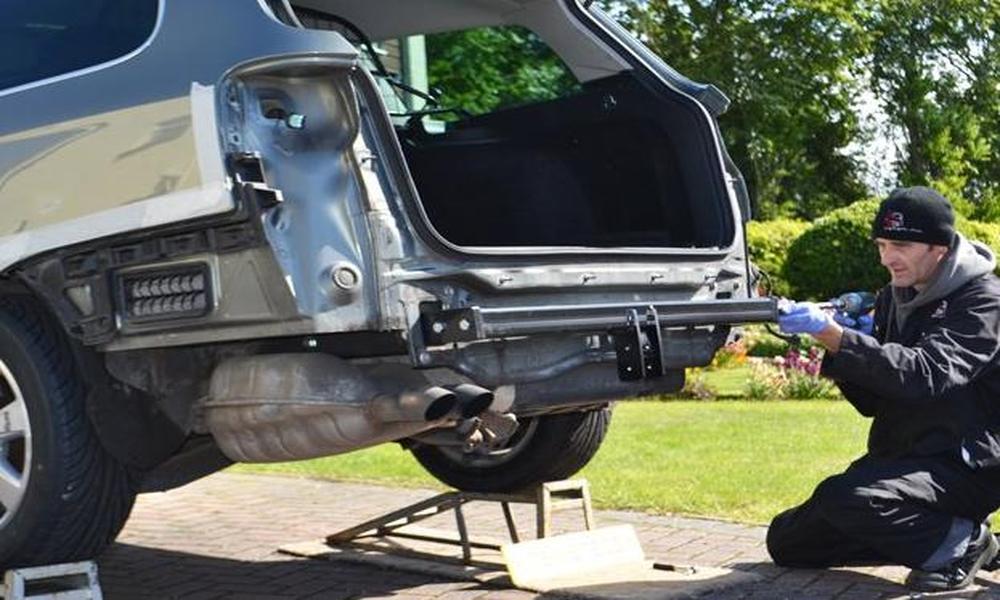Tow bars are indispensable accessories for frequent travellers and owners of sports and leisure vehicles. They help to tow loads such as boats, trailers, and dinghies. However, finding the right tow bar installation can be challenging, especially for first-timers. There are various brands, models, and types of tow bars available in the market, each with its features and specifications.
This blog post will present nine tips to help you find the right tow bar induction for your vehicle.
Tips to Find the Right Tow Bar Installation for Your Vehicle
Evaluate your towing needs
The first step to finding the right tow bar installation is to assess your towing needs. Consider the weight and size of the loads you intend to tow, as well as the terrain, road conditions, and distance of your travels. This information will help you determine the right tow bar capacity, length, and type.
Check your vehicle’s specifications
Before purchasing a tow bar, it’s crucial to check your vehicle’s specifications, such as the towing capacity and the type of hitch receiver. Follow the manufacturer’s recommendations to avoid damaging your vehicle and causing accidents on the road.
Research tow bar brands and models
Once you know your towing needs and your vehicle’s specifications, research tow bar brands and models suitable for your vehicle. Look for reputable brands that have a track record of providing quality and durable products. Read product reviews and customer feedback to get an idea of the pros and cons of different models.
Consider the type of tow bar
There are three types of tow bars: (i) fixed/direct-mount tow bars, (ii) self-aligning tow bars, and (iii) A-frame tow bars. Each type has its advantages and disadvantages depending on your towing needs, vehicle, and hitch receiver type. For instance, A-frame tow bars are suitable for motorhomes and RVs, while self-aligning tow bars are easy to use and versatile.
Look for safety features
A good tow bar installation should have safety features such as locking mechanisms, safety cables, and compliance with industry standards, such as SAE J684. These features ensure that your load is secure on the road and prevent accidents and damage to your vehicle.
Consider the ease of installation and use
Some tow bars require professional installation, while others are easy to install and use without special tools or skills. If you’re a DIY enthusiast, look for tow bars that come with user manuals and installation kits. If you prefer professional installation, look for certified tow bar installers in your area.
Check the warranty and return policy
A good tow bar induction should come with a warranty that guarantees quality and performance. Read and understand the warranty terms and conditions, such as the duration, coverage, and exclusions. Also, check the return policy in case you need to return or exchange the product for any reason.
Consider the price
Tow bar inductions come at different prices depending on the brand, model, and features. However, the most expensive product may not always be the best choice. Consider your budget and balance it with the quality and features you need for your towing needs.
Seek expert advice
If you’re still uncertain about the right tow bar induction for your vehicle, seek expert advice from reputable sources, such as automotive technicians, tow bar forum discussions, and product consultants. They can provide you with valuable insights and recommendations based on your specific needs.
Conclusion:
In conclusion, finding the right tow bar installation for your vehicle requires careful consideration of your towing needs, your vehicle’s specifications, and product research. Look for reputable brands, safety features, ease of installation and use, warranty, return policy, price, and expert advice. By following the above tips, you’ll find a tow bar induction that’s reliable, efficient, and safe on the road.


